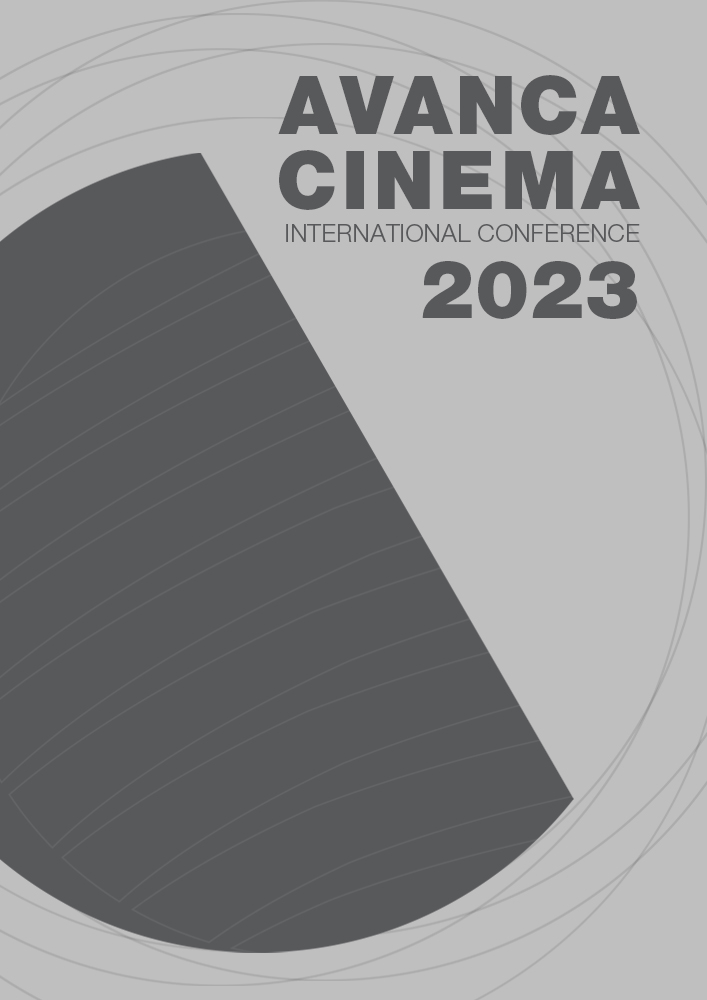Capítulo II _ Cinema - Cinema
O habitar à margem: visões cinematográficas contemporâneas
Resumo
Cities, their inhabitants, communities, and dilemmas have been present in cinematographic narrative since the cinema inception. However, the language has evolved, and in the last decades this thematic has been increasingly explored in the universe of documentaries.
More recently, a mix of documental and fiction languages has been explored as an effective vehicle to provide a more authentical portrait of personal and collective issues. In this sense, this article aims to analyse two cases of the documental production on community action in precarious ways of living in the contemporary world: “The Cambridge Squatter” by Eliane Caffé (Brazil, 2017) and “Nomadland” by Cloé Zaho (USA, 2020). The first, focuses on migrants and refugees’ occupation of an abandoned hotel building in the centre of São Paulo, while the second, portraits the daily life of those who decide to live in trailers, in a nomadic way.
The film selection seeks – with the common theme of the housing issue and alternative ways of living in the fringes of the capitalist system – to contemplate different geographies and contexts. The analysis will focus on the commonalities and disparities of the approaches – both a mix of documentary and fiction, with actors and non-actors and their interaction with the built and non-built spaces. How are the segregated spaces appropriated and experienced by these communities? How do the characters relate to each other? How does this alternative cinematographic language contribute to convey the sentiment of these communities?
Referências

Este trabalho encontra-se publicado com a Licença Internacional Creative Commons Atribuição 4.0.

